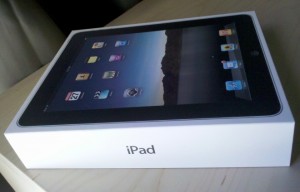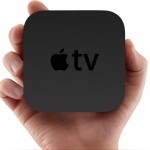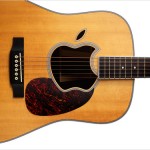The next version, 10.7, of the Apple operating system for the Mac, called OS X Lion, is planned for release in July 2011. Mac OS X Lion now makes it more compelling than ever to migrate to the Mac platform, here are 8 reasons why:
1. Application Distribution and Management
The App store capability comes to the Mac in the form of the Mac App Store. This functionality has already been made available as an update and will be part of the Lion release.
The trend towards using specific Apps, be it on an iPhone, iPad or on a Mac will continue as users demand the same Apps on their different devices. One example is Evernote (evernote.com) which provides a note taking App for the iPhone, iPad and now the Mac.
2. Intuitive and Consistent User Experience
The Lion release also contains new functionality, that brings all the best features of the iPad to the Mac. The new capabilities are:
Launch Pad, which provides a single place from which to manage and find all your Applications, just like on the iPad.
Full Screen Apps, allows Apps to take over the entire screen, allowing a user to concentrate on a single application. Again, this feature is taken from the iPad.
Mission Control, replaces the previous Expose function and combines it with Spaces and the Dashboard to provide one place from where you can see everything that is running on your Mac.
3. Human Computer Interaction
The multi-touch gesture feature on the iPad has been a huge hit with users. The intuitive, touch based method of interacting with the iPad is now part of the Mac. By further enhancing the trackpad functionality, the touch interface with additional gestures provides a much more natural way of interacting with your computer. The mouse is now longer required!
4. File Management
Taking the cue again from the iPad experience, Lion includes an Auto Save and Resume capability. Applications that make use of this new feature will allow for documents to be saved automatically.
The above capability, together with a new feature called, Versions, will allow for the evolution of a document to be recorded as the user works on the content. A version is taken every hour and can be easily retrieved using the Time Machine like interface.
5. Profile Management
With the proliferation of iOS devices there is a clear need for a management capability. The new Profile Manager allows for easier configuration and management of Mac and iOS device users. The Profile Manager integrates with existing directory services such as Active Directory.
6. File Sharing and Security
Further evidence of improved integration with iOS devices is delivered via a new feature called AirDrop. This feature allows you to send files wirelessly to another Mac or iOS device.
Lion also provides a new level of security through XTS-AES 128 bit data encryption at the disk level. The added security is fast and unobtrusive and works in the background.
7. Windows Migration Assistant
Apple has always provided assistance to Mac users upgrading to a new computer. With Lion, there is a specific Migration Assistance that connects to a Windows PC over a network, allowing for easier migration from an existing Windows PC.
8. Built in Server
The inclusion of OS X Server as an integrated product with every copy of Lion, is a bold move from Apple. This addition alone, will save $499 for Mac users.
A full server capability can be easily setup using the new Server Setup feature in Lion. All the usual services such as user management, push notification, file and printer sharing, calendar, mail, contact management, VPN and Wiki servers are now available with very Mac.
One Last Thing
Apple is also providing enhanced support to small businesses through a new service called, Genius Joint Venture. Customers will receive priority support at the Apple store Genius Bar and also via a new support telephone number.
With Mac OS X Lion, Apple has made some bold and innovative changes. The tight integration with iOS devices and the move towards a unified, consistent user experience, will ensure that Mac OS X continues to win over Windows users.


